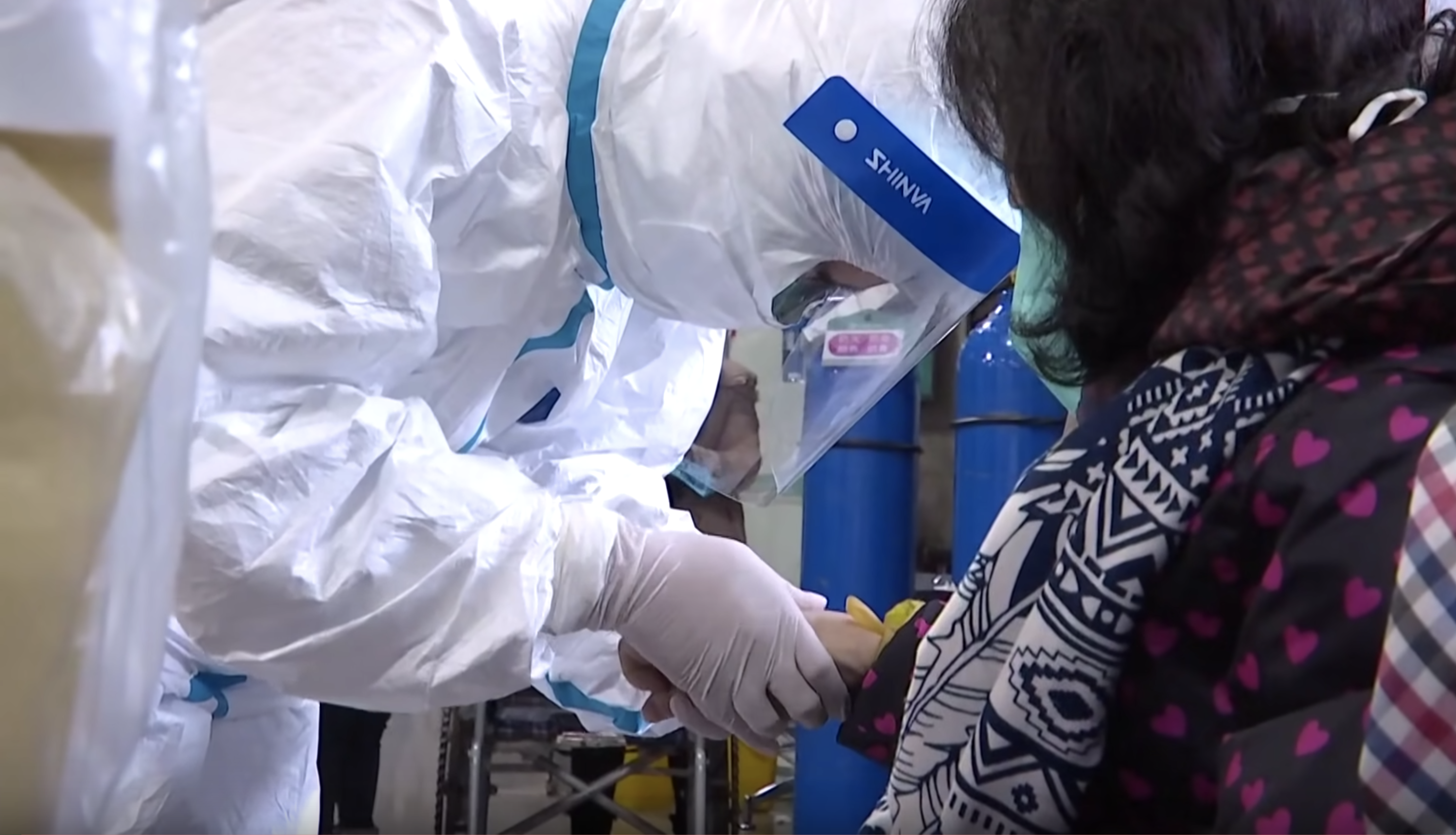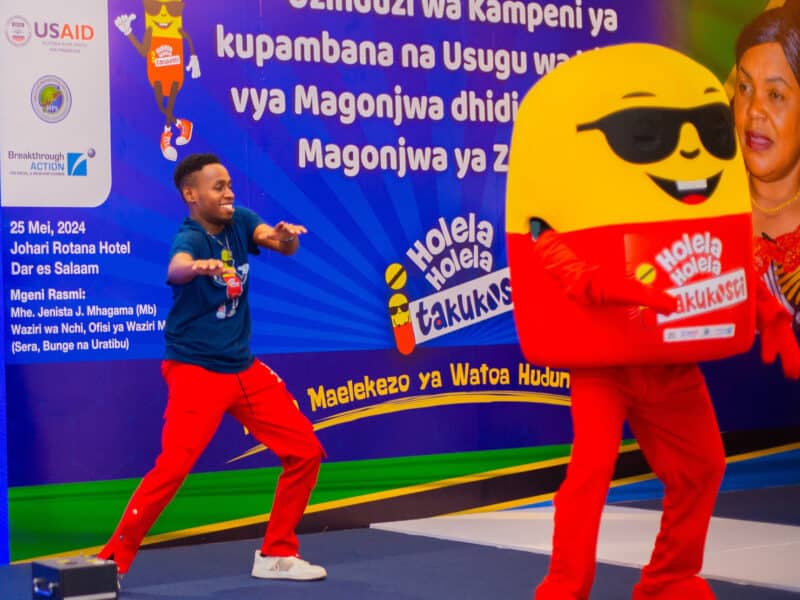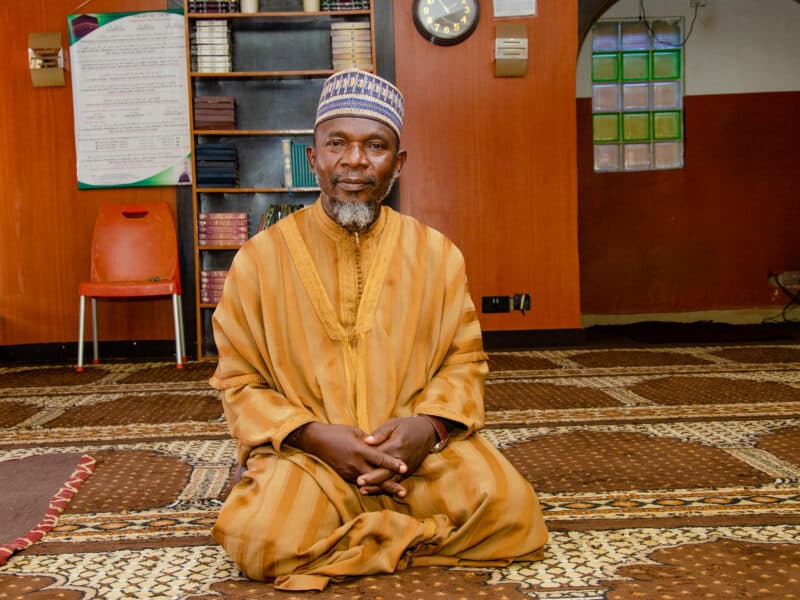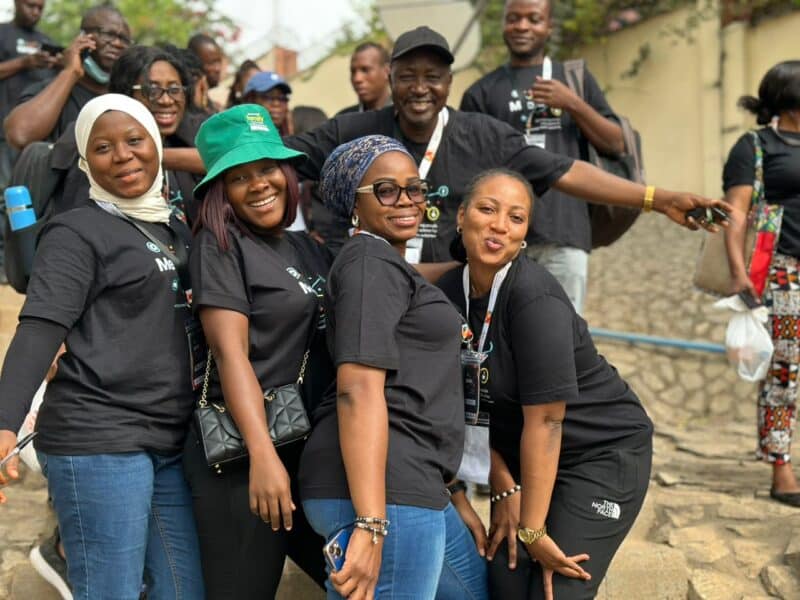With the World Health Organization declaring a contagious new coronavirus a global health emergency, officials in many nations across the world are preparing for how to respond.
The virus, which is believed to have originated in bats in Wuhan, China, has killed more than 900 people, setting off concern across the globe, causing major airlines to cancel flights to the Asian nation and leading some countries – including the United States – to quarantine people traveling in from affected areas.
The Johns Hopkins Center for Communication Programs works with governments, UN agencies and NGOs in eight African nations to strengthen national capacity for risk communication and community engagement for zoonotic diseases, or diseases that spread from animals to humans. The work, funded by USAID’s Global Health Security Agenda (GHSA), recognizes that the health of humans is closely connected to the health of animals, with most known infectious diseases and three of every four new diseases originating from animals.
“We want to be reactive to what’s happening on the ground and help make sure governments and NGOs are ready to respond to this outbreak before it gets out of control and panic spreads,” says Elizabeth Serlemitsos, director of CCP’s Breakthrough ACTION project, which is leading GHSA risk communication work across Africa. “Strengthening the systems for risk communication and behavior change communication before there is a public health emergency supports early detection and rapid response to assist in controlling an outbreak.”
From what officials know at this point, the coronavirus, known as 2019-nCoV, appears to be transmitted from person to person via contact or droplets such as coughs and sneezes. How severe the disease will become still remains to be seen.
Along with the African work, CCP is also working on a global project known as READY, led by Save the Children and funded by USAID’s Office of Foreign Disaster Assistance, which works in four regions, including Asia, to improve outbreak preparedness planning. Officials with the initiative are accelerating efforts to launch preparedness workshops in Asia and Africa in order to address the developing situation with the new coronavirus.
A key component of READY is to strengthen the capacity of NGOs to operationalize risk communication, social and behavior change communication and community engagement to address outbreaks, and to support humanitarian organizations in appropriately integrating these areas in institutional emergency preparedness plans. The team has already developed scenarios for discussion that focus on the coronavirus. The READY project was created on the heels of the 2014-2015 Ebola outbreak in West Africa that killed 11,325.
CCP’s Kathryn Bertram, social behavior change advisor for the READY project, says there are basic communication principles that should be followed in an outbreak situation like the one we’re in, when the situation is changing daily and there are still a lot of unknowns:
- Communicating what you know and what you don’t know
- Building relationships and trust with the public
- Acting and communicating in an empathetic way that doesn’t stoke fear
- Even when you don’t have all the answers, continue communicating
“Importantly, we need to ensure that communication is two-way, so we’re not just giving out information but having conversations and empowering people to be more in control,” Bertram says. “We need to ensure that the information is factual, evidence-based, and expresses empathy. Finally, and importantly, we need to address the rumors, misinformation and stigma against affected people and caregivers that results and, especially in the case of this coronavirus, xenophobia against the Chinese.”
With the GHSA work, activities are designed to strengthen systems for communication including the development of national strategic plans, pre-approved message guidance and rumor management as well as developing communication materials for the public and health care providers and strengthening relationships between media and government spokespersons.
A very important component, Serlemitsos says, is to engage not only stakeholders from the health sector but sectors such as agriculture, forestry, animal health and environmental health because of the wide-ranging impact that zoonotic diseases can have.
Each GHSA country where CCP is working – Cote d’Ivoire, Ghana, Sierra Leone, Guinea, Mali, Senegal, the Democratic Republic of Congo and Ethiopia – has taken steps to identify and prioritize the zoonotic diseases they see as the biggest threat. The work done in these countries, aims to strengthen the foundation for whatever disease threatens next, be it the new coronavirus or something else yet to be discovered.
“As we learned with Ebola, an effective response to an outbreak depends on having communities who trust the health system and are willing to heed advice in an emergency,” Serlemitsos says. “The ability to change behavior and social norms can be the difference between life and death so laying the groundwork before an emergency is vital to mitigating the impact of any new disease outbreaks.”





